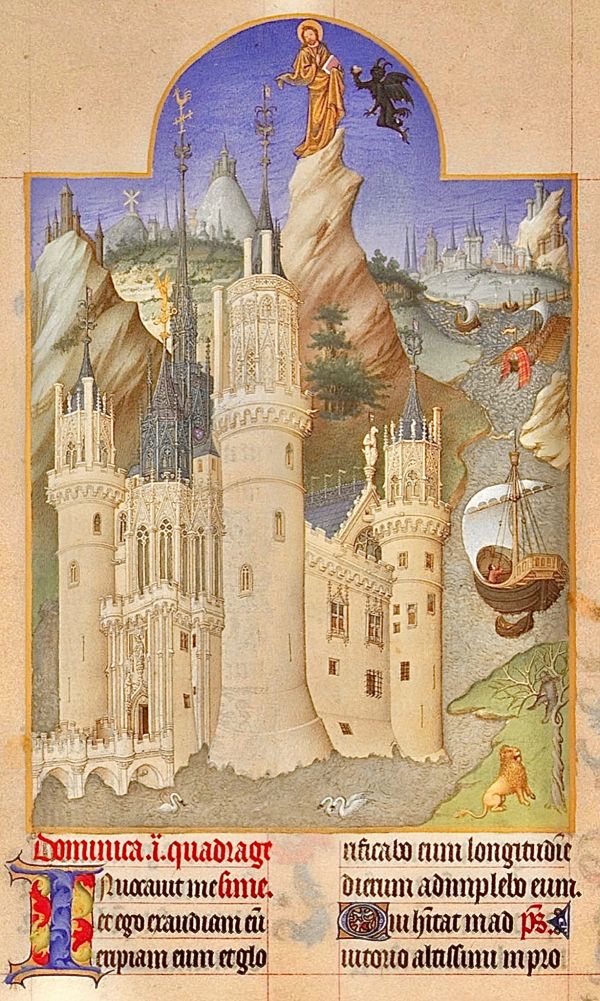Lk 11:14-23 (14-26)
Prejudice affects the union, and no one can kidnap Jesus, holding him hostage. He’s the strong man that no perched citadel can stem.
Those who fear losing command and their contrived prestige have already lost. There is no armor or booty that can resist and remain.
There is no custom, compromise or gendarmerie which can withstand the siege of Freedom in Christ.
The Scriptures form an inseparable unity. However, only in Him does Tradition not block charisms, doesn’t diminish us, doesn’t cause anxiety, nor lead to scruple - but acquires its vital implication.
In fact, friendship with the Risen is extraordinarily original, and has respect for uniqueness. It’s in a continuity and at the same time in the break with the ancient mind. Vital Monotheism of a new Spirit welcoming the Gifts.
The authorities were attached to the fake prestige they had gained and were very concerned that Jesus was faithful to his unique task.
In Him, the activity of his Church works also exorcisms: it emancipates from dehumanizing forces, conditioning, structures. It moves not on a legalistic level, but on an operative belief-love that guarantees each one that path of spontaneity and fullness desired within.
By overcoming ancient convictions that put people's reality in parentheses and accentuated their blocks, the community of sons is called to become the ‘power’ of God.
Clear sign of the enterprising presence of the personal and diligent Spirit [«the finger of God»: v.20] which surpasses empty and indolent spirituality.
And why does Jesus emphasize that the second fall is more ruinous than the first (vv.24-26)?
While Luke was writing the Gospel, in the mid-80s there were not a few defections due to persecutions.
Believers were disheartened, dismayed by social disdain - so many saw the enthusiasm of the early days pale.
In no way manners of doing were shifting the normal frame of reference, while difficulties were some people discouraging.
Afflictions that seemed to put a tombstone on the hope of actually building an alternative society.
But the Gospel reiterates that a neutral attitude (v.23) at a safe distance is not envisaged. In the vocation there are no half measures: only clear choices, and no repressed needs.
The baptized in Christ lives full attitudes, regardless of favorable circumstances or not; he remains far from childish fears, enjoys a free heart. He is firm in action.
He foresees that he may be ‘wayfarer’, placed under siege by the system that does not tolerate real changes (v.22).
In this he rests, always involving his own natural and character roots - where the primordial energies of the soul and the innate dreams [that heal and guide] are kept.
For that matter, his itinerary is convoluted, “against traffic”, and surely punctuated with hard lessons. But the very difficult moments will be further ‘calls’ for transformation.
Reborn in Christ who protects and promotes our exceptional originality, we cannot "die" by losing the once-in-a-lifetime Encounter and returning to being photocopies - without Exodus of the soul.
Free toward the Promised Land that belongs to us, we seek not circumstantial perfections, but Fullness.
[Thursday 3rd wk. in Lent, March 27, 2025]












